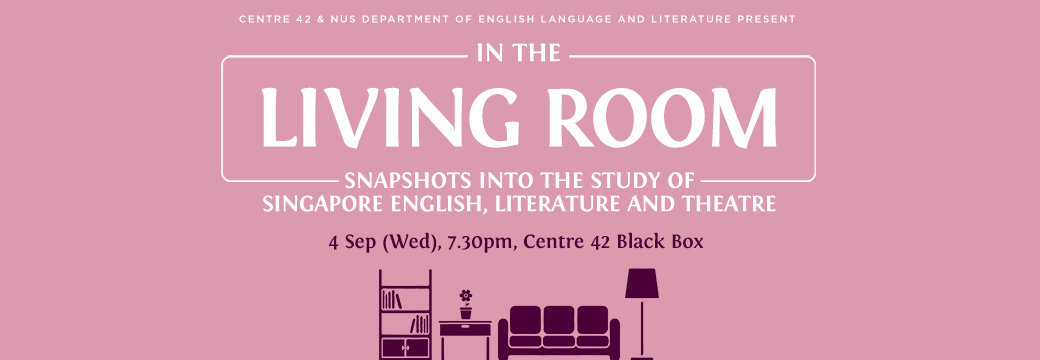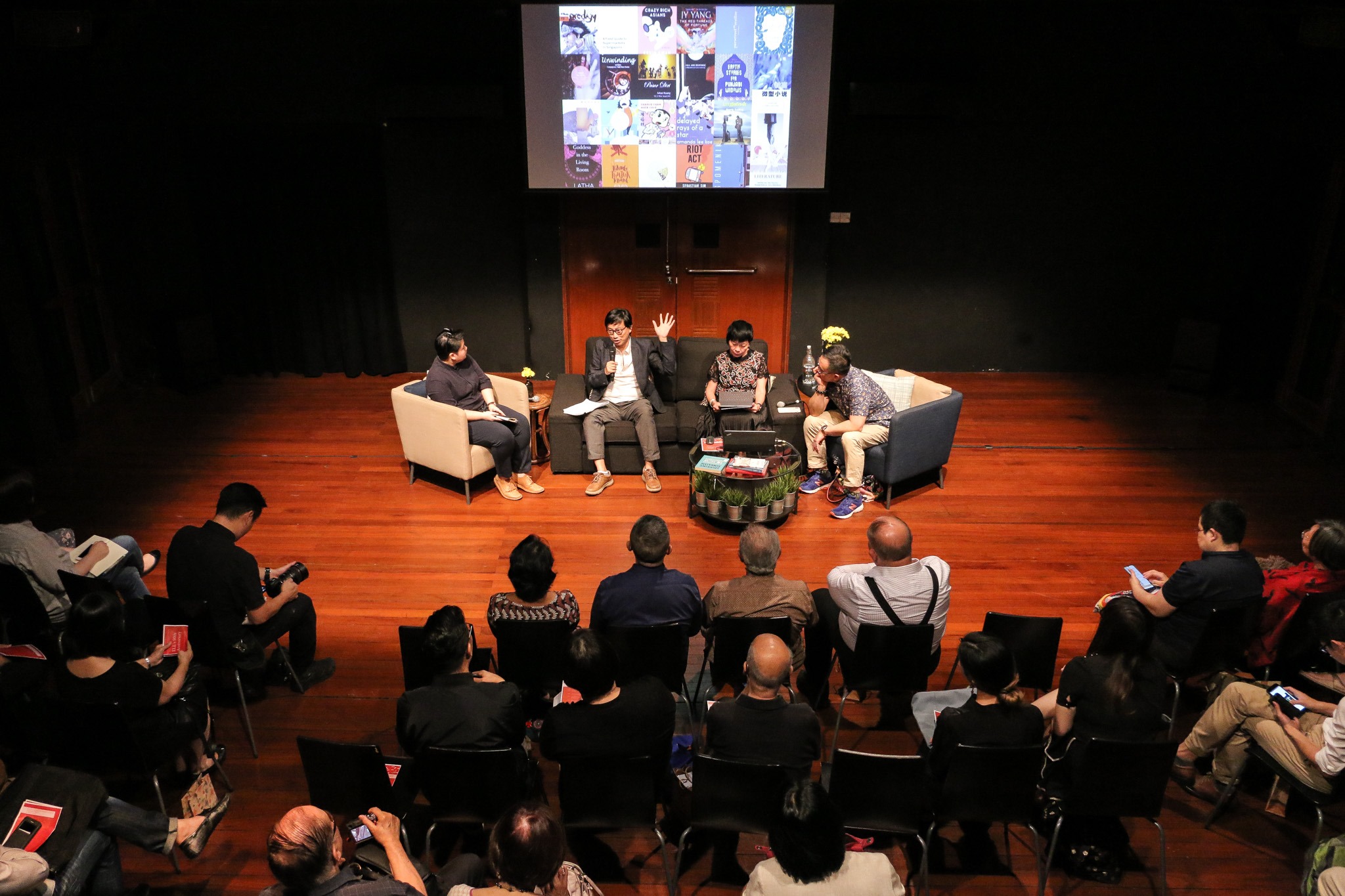Body Text
Singaporean Literature: How We Got Here
By Gwee Li Sui
Singaporean literature has changed through the decades and, most radically and materially, in recent years. What are the challenges that contemporary writers face – and, by extension, the responsibility of academic study? Gwee Li Sui will address some of the most key developments and transformations in literary culture in Singapore.
English-knowing bilingualism in Singapore: Striking a New Balance for Future-Readiness*
By Anne Pakir
‘English-knowing bilingualism’ (Pakir, 1991) has gained ascendancy in Singapore and may become a core competency for the 21st-century world with the rise in status of English as a global language. However, the path to English-knowing bilingualism in the pluri-lingual and heterogeneous country was often marked by paradoxical debates surrounding the issues of language maintenance and shift, identity and the transmission of values, equity and meritocracy, as well as balancing between local versus global linguistic norms and standards. The debates continue unabated as new challenges arise, and in going forward, a new balance has to be achieved in language strategy, policy and management for a future-ready Singapore.
*This presentation is based on a co-authored publication in Asian Englishes, 2018, Vol 20, No. 1, 41-53, English in Singapore: Striking a new balance for future-readiness. Co-authors: Ee Ling Low, NIE/NTU Singapore and Anne Pakir, NUS.
Singapore English-Language Theatre
By Robin Loon
Robin Loon will discuss the relationship between Singapore English and Singapore English Language Theatre. He will trace the early developments of Singapore English Language Theatre in the 1960s and its struggle to legitimise the use of Singapore English. The 80s see the rise of Singapore English Language Theatre where the theatre and the audience begin to embrace Singapore English as an authentic language to express ideas, ideals and ideologies.

